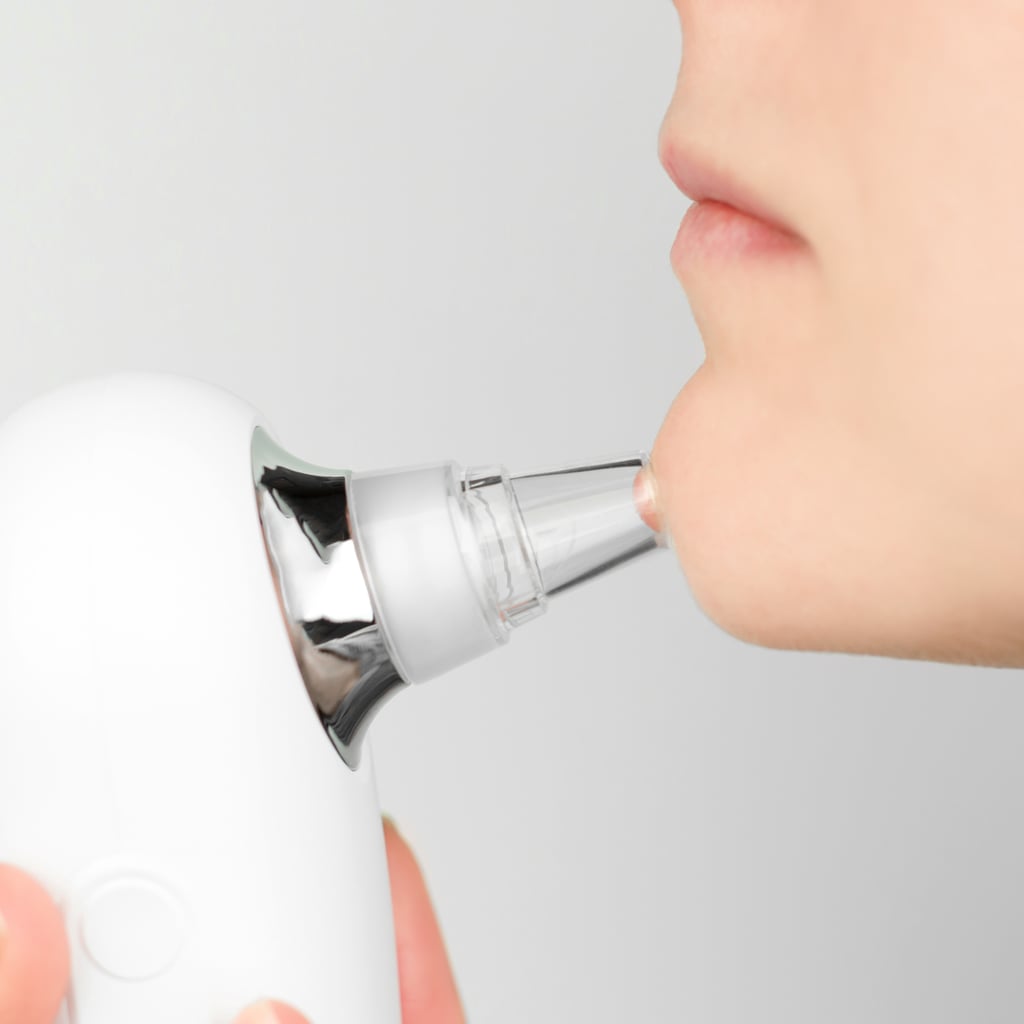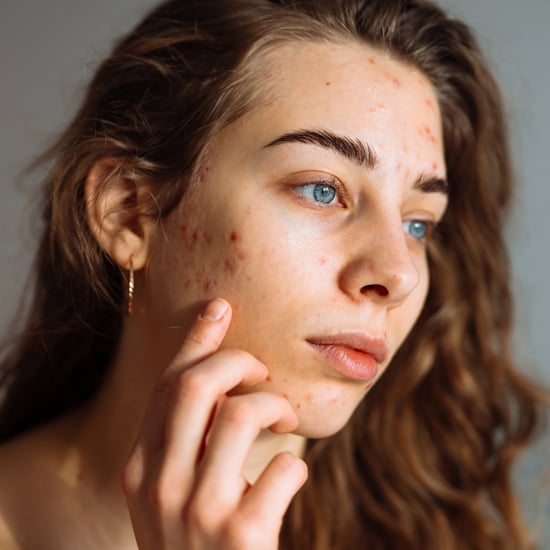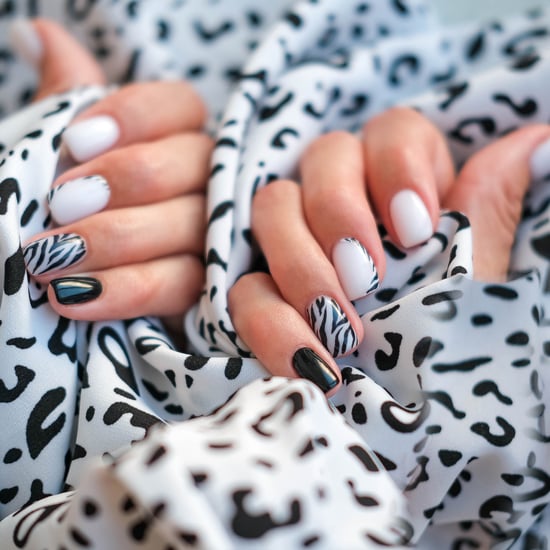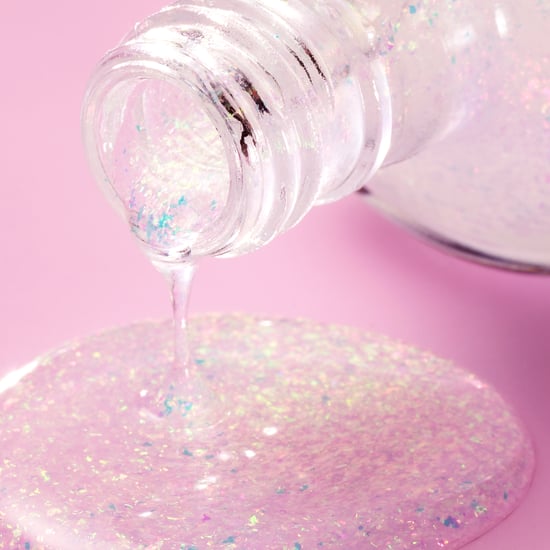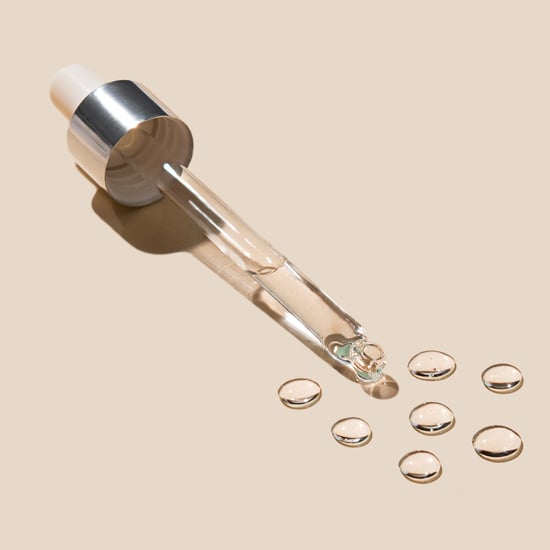Do Pore Vacuums Work? Professionals Weigh In
Are Pore Vacuums Safe? Skin-Care Experts Weigh In
As POPSUGAR editors, we independently select and write about stuff we love and think you'll like too. If you buy a product we have recommended, we may receive affiliate commission, which in turn supports our work.
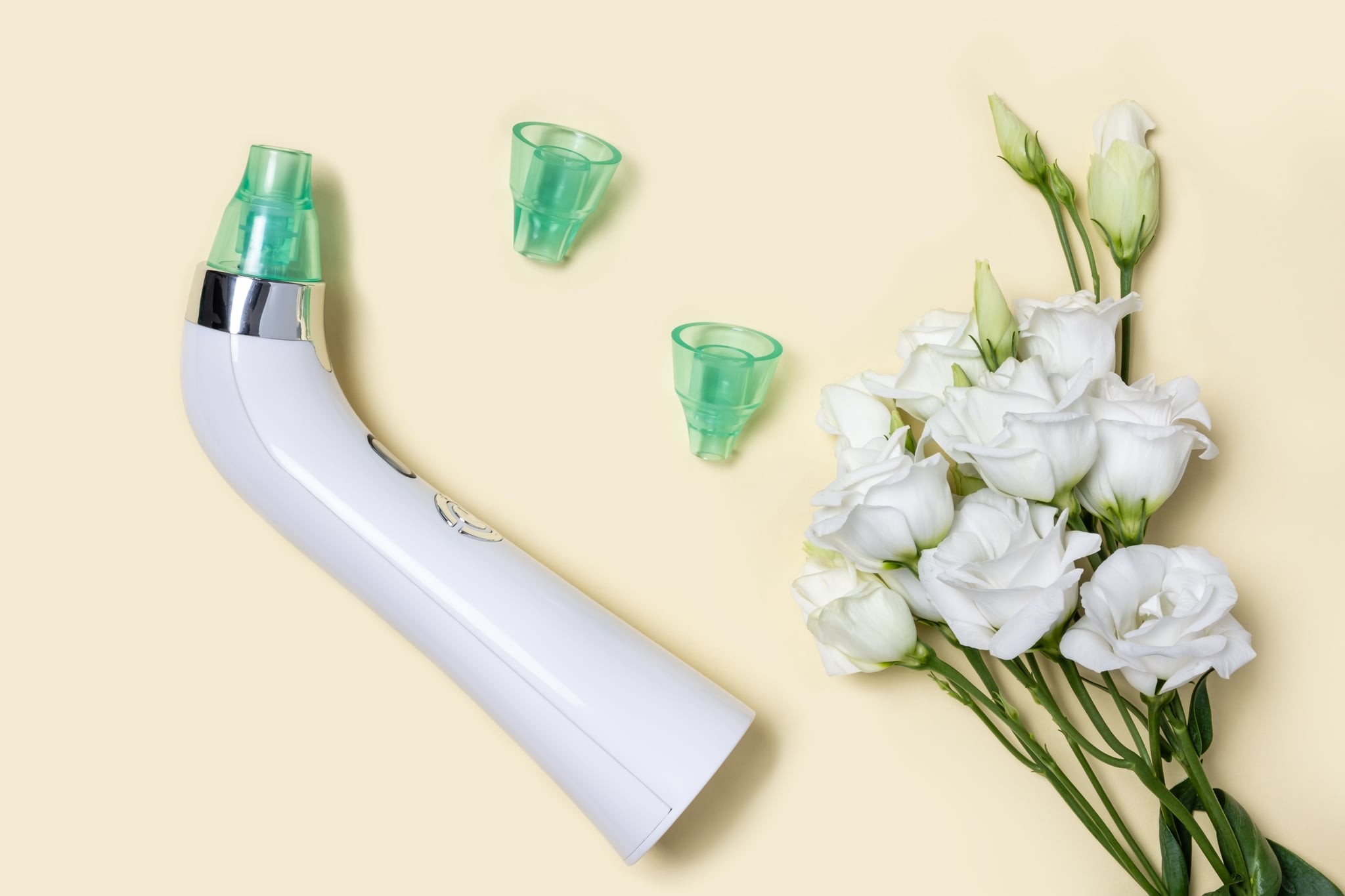
Image Source: Getty / Julia Lavrinenko
The internet is fascinated with pore vacuums. On any given day when scrolling Instagram or TikTok, you're almost guaranteed to see at least one beauty influencer testing out the popular product. Influencers, estheticians, and even some dermatologists have been known to praise the tool for its ability to remove blackheads and dead skin cells. They've become so popular that they're readily available for immediate purchase on sites like Amazon and Walmart, but do pore vacuums actually work? And are they safe to use at home?
We consulted with Joshua Zeichner, MD, associate professor of dermatology at the Mount Sinai Hospital, and celebrity esthetician Cynthia Franco to answer all of our burning questions about the popular "blackhead vacuums."
What Are Pore Vacuums and How Do They Work?
Before we dive into whether or not pore vacuums are safe, let's get some important facts under our belts first. Like, WTF actually is a pore vacuum, and how do they work? "Pore vacuums are suction-based devices that physically remove blockages from your follicles," Zeichner tells POPSUGAR. The handheld devices typically come with a range of different suction settings, and occasionally they are equipped with cameras. Medical-grade pore vacuums are actually used during some in-office treatments, such as Hydrafacials. However, the pore vacuums you can buy online and use at home don't necessarily deliver the same results, depending on how you use them.
Are At-Home Pore Vacuums Safe to Use?
As for whether or not pore vacuums are safe to use, the answer comes down to how you're using the product. "I always caution my patients when using at-home pore vacuums. When used the wrong way, they can be damageing to the skin, leading to inflammation or even bruising," Zeichner says. Franco agrees, "At-home devices tend to get overused, and high settings can actually ruin the skin with broken capillaries or broken skin."
Another thing to look out for is the current condition of your skin. Franco cautions against using at-home pore vacuums if you have rosacea or cystic acne, and if you have active acne breakouts, eczema, or just sensitive skin in general, you might want to skip the at-home treatment and instead consider visiting an esthetician or dermatologist for a treatment with a medical-grade pore vacuum instead. "Professional pore vacuums combine suction with other enhancing treatments like cleansing, exfoliating, and hydrating the skin. Combining a vacuum with these other treatments ultimately can give better results and be more gentle on the skin," Zeichner says.
Both Zeichner and Franco caution against using at-home pore vacuums with any harsh products, like retinol. Zeichner adds, "I do not recommend using a pore vacuum if you are applying retinol to the skin. Retinol can make the skin more sensitive and increase the likelihood of skin damage from a pore vacuum."
If you do decide to purchase an at-home pore vacuum, the key is to use it on a low suction setting and make sure you're using it in conjunction with the right products. Zeichner says that the ideal ingredient to use on the skin with a pore vacuum is salicylic acid. "This beta hydroxy acid helps loosen and remove dead cells that block pores. Combining salicylic acid with a pore vacuum can ultimately give better results." Zeichner suggests using a pea-sized amount of the Jori Acne & Control Primer ($70), which contains 2% salicylic acid, as the last step before sunscreen.
What At-Home Products Can You Use Instead of a Pore Vacuum?
If you're not confident about using an at-home pore device, and you're unable to make it into an office for a professional-grade treatment, you still have options. Since the end goal when using a pore vacuum is to exfoliate the skin, Franco suggests using an exfoliating product, such as the Kat Burki Exfoliating Clay Mask ($98) to chemically exfoliate without causing damage to the skin. If you're acne prone, Franco says she's also a fan of the Epicuren Clarify Polishing Mask ($34), which is designed to draw out excess oil and slough away impurities.
